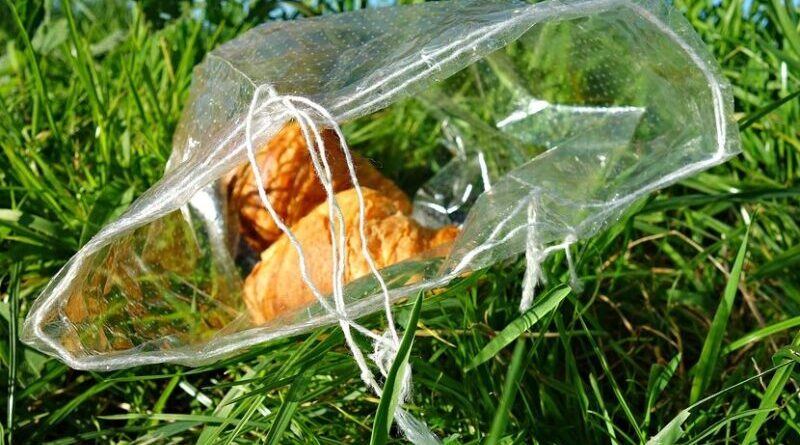More Education Needed To Protect Our Environment – OpEd
A few years ago, in Büyükada (Prinkipo), in the Kadıyoran slope region, day-trippers would come to Hristos Hill, bringing their food bags, consuming them, and leaving their trash behind. One day, after everyone had left, I picked up some big trash bags from my house, put on plastic gloves, and first cleaned the back meadow and then began cleaning the entire surrounding area.
While picking up the trash, I found an incredible amount of waste: beer and soda bottles, food scraps, papers, and more. Then, I poured water onto the area and cleaned the road. Afterwards, I cleaned Hristos Hill, climbing as high as the youngsters could. While cleaning, the day-tripping children from the suburbs looked at me with pity.
The areas I cleaned were full of trash again the next day. Every day, I filled numerous trash bags. Throughout the summer, people continued to litter, while I continued to clean. Fortunately, the autumn rains finally came, washing away the portable trash with them. Food waste decomposed and blended into the soil.
I thought: “We’ll keep cleaning, and eventually, the litterbugs will tire. At least the backyard will be clean. We are the Sisyphuses of the modern era.”
Harsh measures, penalties, and intimidation are of no use; on the contrary, people further degrade the environment. Shamefully, they throw trash like empty soda cans and glass bottles onto the ground while looking into the eyes of those who clean.
This behavior can be corrected with years of education. Perhaps providing a deposit refund for items like metal soda cans and plastic bottles returned to recycling could be a solution. In Germany, they refund a €0.25 deposit for a plastic bottle, but there are no metal soda cans or plastic bottles here; other waste, like food scraps and paper, naturally decomposes and blends into the soil. It is crucial to collect plastics.
This year, I paid 435₺ annually for the Blue Island Card and also topped up a bit. We pay the price of living on the islands. I have a free card for ages 65 and over, but it is not usable for transportation within the islands; fortunately, it is accepted for travel back and forth.
We now accept everything. We have become accustomed to and accepted the increasing litter, traffic chaos, weekend day-tripper crowds, rising market prices, and decreasing coastline.
I do not expect much from the new local government, which promises to work hard. The prices of restaurants and cafes have increased in terms of US dollars. Market prices are rising every day. We have lost the concept of price. The habit of bargaining no longer exists. We buy everything at a minimum, cook at home, walk, and wear old clothes. It’s as if we are reliving the Great Depression of 1929.
We wait for this storm to pass by withdrawing into ourselves. Let the day come, let the blessings come.

